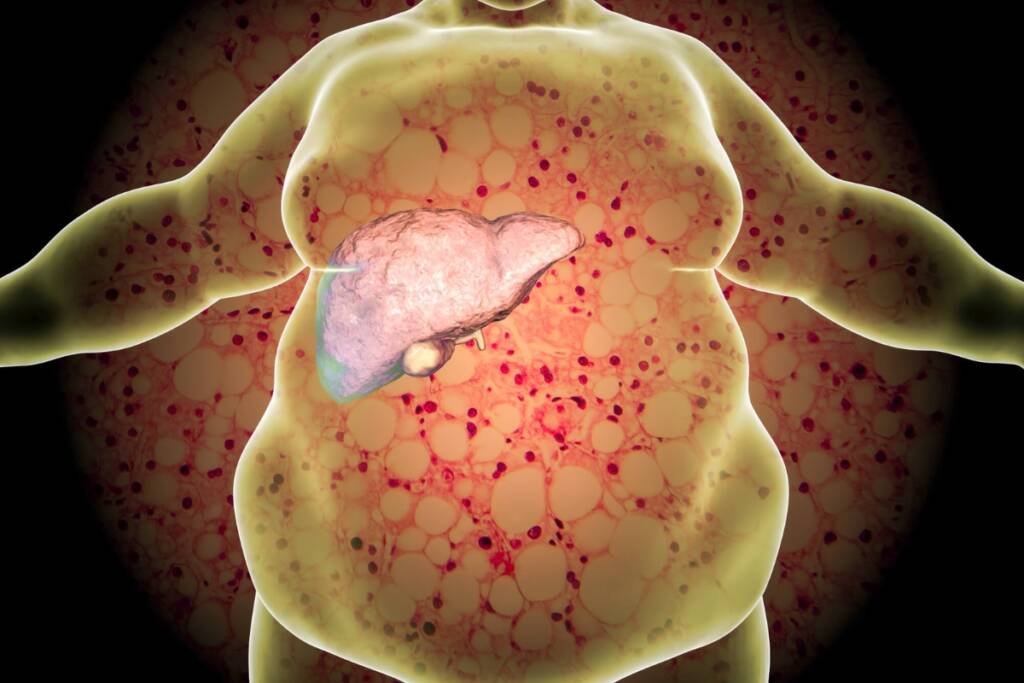Source – Intercept
Ocaliva by Intercept wasn’t the fatty liver disease breakthrough that the company had anticipated it would be, not even after a second application effort.
Ocaliva, or obeticholic acid, was rejected by the FDA once more for non-alcoholic steatohepatitis (NASH) patients with stage 2 or 3 liver fibrosis, Intercept reported on Thursday, three years after the original rejection.
Because of the rejection, patients with NASH will have to wait longer for the first FDA-approved medication, and a market with a potential value of several billion dollars is still without a viable solution. It also signals the necessity of a change in strategy for Intercept.
Intercept has made the decision to cease all investment in NASH and reorganize its business. As Intercept prepares for a Friday investor call, details on the makeover are still lacking. But at least for patient outcomes, the business will not monitor the Phase III REGENERATE research data.
After the FDA expressed concerns with the drug’s low effectiveness and variety of safety issues, the FDA’s comprehensive response letter was generally anticipated. That evaluation was followed by a unanimous no decision from an independent panel of specialists.
The FDA informed Intercept that if it ever wants to pursue an approval again, it must provide long-term patient outcomes data. However, Intercept has decided against trying a third time since it may take up to three years to read out the clinical benefit outcomes.
After the disappointing FDA advisory committee meeting last month, Intercept CEO Jerry Durso stated on an investor call that the company was “prepared to pivot to profitability if we didn’t get that accelerated approval.” The business asserted that it might not be fiscally sustainable to continue long-term outcomes research without an approval in hand.
FDA Adds Serious Liver Injury Warning to Ocaliva’s Prescribing Information, Despite Approval for Primary Biliary Cholangitis.
While the drug demonstrated improvements in fibrosis without worsening NASH in its pivotal study, it did not show significant benefits in NASH resolution at 18 months. Additionally, the study revealed the potential for drug-induced liver injury, which the FDA considered a serious concern.
Intercept has consequently shifted its focus away from NASH and will prioritize research and development investment in its fixed-dose combination of Ocaliva and bezafibrate for primary biliary cholangitis (PBC), another chronic liver disease. The combination therapy is currently undergoing midstage clinical testing, with ongoing phase 2 trials expected to report interim data this year.
The NASH market now turns its attention to Madrigal Pharmaceuticals, whose drug resmetirom appears to be next in line for FDA review, with a filing anticipated by the end of the month. In its own Phase III trial, resmetirom achieved its goals in both NASH resolution and fibrosis improvement. The drug demonstrated a higher percentage of patients achieving NASH resolution without worsening fibrosis compared to placebo. It also showed improvements in liver fibrosis stages. Furthermore, resmetirom exhibited positive effects on measures such as bad cholesterol, liver fat, and lipoproteins.
The FDA’s negative review of Ocaliva highlights the significance of a favorable safety profile when seeking accelerated approval in NASH based on surrogate liver biopsy endpoints. Analysts from SVB Securities noted that resmetirom possesses fewer safety concerns than Ocaliva and consistently demonstrates histological benefits. Additionally, resmetirom provides significant improvements in other key measures related to liver health.





























